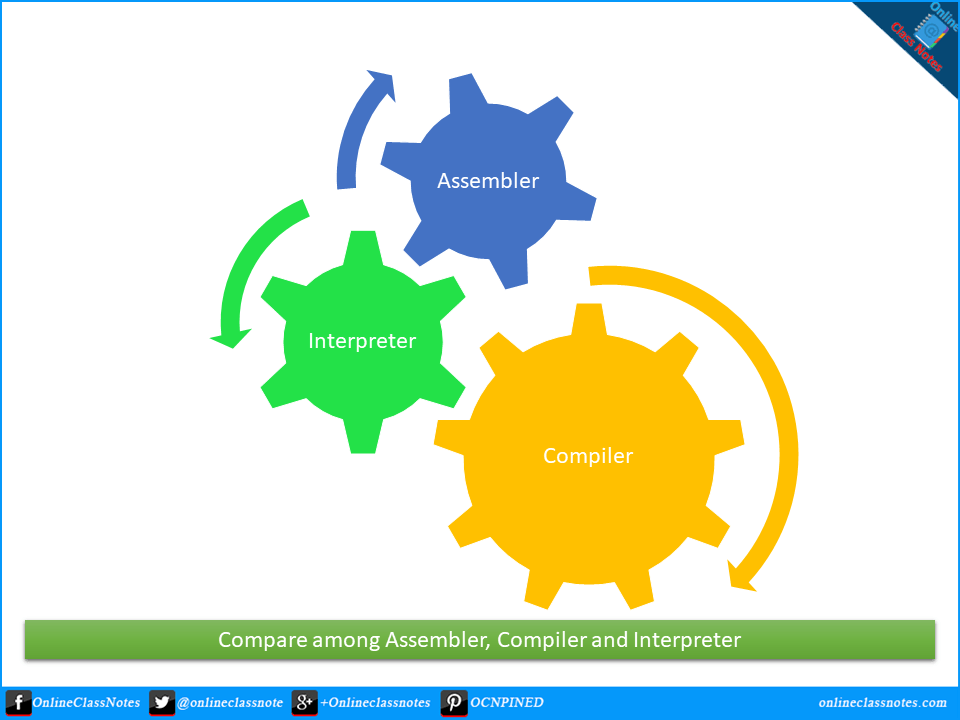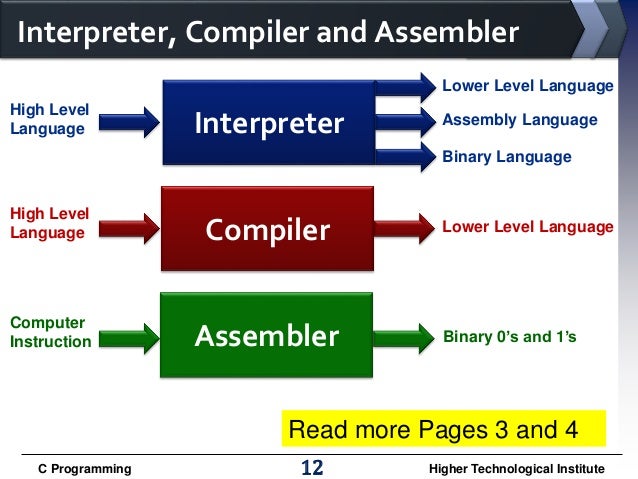

Most compiled languages also have a mechanism for detecting unused variables, type incompatibility, and faulty syntax, preventing these kinds of mistakes early on. But errors you discover at compile-time are usually easier to deal with since the compiler will consistently identify them. On the other hand, the run-time errors in a compiled language might be more difficult to trace since there is no interpreter to report on them. It can even get worse if there's inadequate run-time logging. So debugging errors can be a bit challenging since you need to reproduce them at run-time. However, once there's an error at any point during execution, the interpreter stops. Debugging and Error Traceabilityįor interpreted code, errors are more traceable since the interpreter can report them by directly referring to the original source. So it takes your whole source code as input, which it converts and sends to the CPU to get an output. Tracing involves recording information as a program runs to see how different elements of the program are affected as it progresses.A compiler bundles the entire source code and translates it once only. Some IDEs pinpoint exactly where a syntax error occurs, or at which line in a program an error is generated. Again, this enables the programmer to check if the program is functioning as expected. Variable watch lets the programmer see the changing values of variables as the program runs.

This information tells the programmer whether or not the program is working as expected. The programmer can then examine different parts of the running program, such as the values held in variables or the status of conditions. Debugging toolsĭebugging tools help programmers to locate and fix errors.īreak points enable a program to be paused or stopped at predetermined points. However, they do not usually help to identify errors. These tools help to improve the readability of code.

Editors are often fairly simple, but usually offer facilities such as:

EditorsĮditors are software that allow programmers to write and edit code. IDEs help a programmer to produce error-free, maintainable code.


 0 kommentar(er)
0 kommentar(er)
